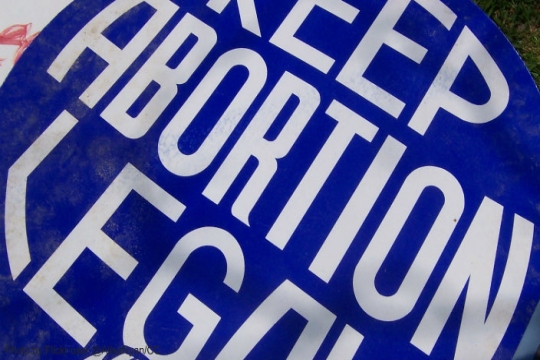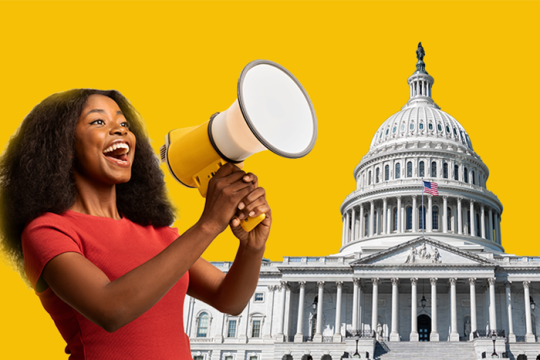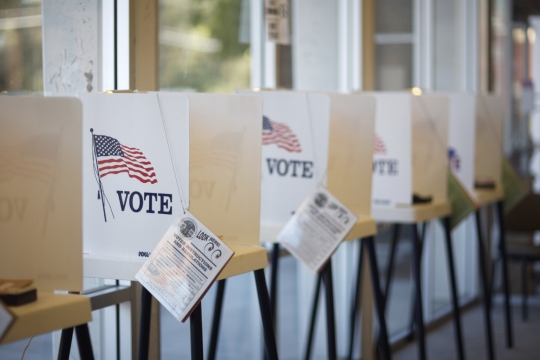In 1492, just over half a millennium ago, Christopher Columbus set sail on his famous voyage across the Atlantic and opened up the Western Hemisphere for European exploration in the early years of the Renaissance. Many of us have off of school and work today to celebrate that momentous achievement. In school, I remember long history lessons the day before Columbus Day, where I would learn about Columbus’ three ships—the Nina, the Pinta, and the Santa Maria—and the incredible impact that Columbus’ landing on the West Indies island of Hispaniola had on the entire world. We talked about how Columbus’ voyage paved the way for a place of religious freedom and tolerance, and of course, the United States.
However, we avoided talking about how the indigenous Taíno people were all but wiped out by their encounters with Columbus—up to 85% of their population no longer lived within a couple decades because of smallpox, famine, enslavement, and forced intermarriage. Our teachers shielded us from the historical narrative of the Taíno people, not only their destruction but also the rich culture they had in the Caribbean and their impact on our current society. We never talked about how the names we use to describe so many things in our culture, from “canoe” to “hurricane” to my favorite, “barbecue” came from the Taíno people.
Knowing the history of Christopher Columbus—the good and the bad—is important, but by focusing solely on what Columbus and other Europeans did, we miss out on the rich history of the indigenous peoples of this continent, both before and after 1492. This year, after almost half a century of advocacy by civil rights activists, the cities of Seattle and Minneapolis have decided to celebrate Indigenous People’s Day on the same day as Columbus Day. Indigenous Peoples Day reminds us how important it is to remember the narrative of the non-European people that were nevertheless affected by Columbus’ voyage.
Throughout history, we’re reminded that historical events have different effects on, and different meanings for, different groups of people. When we study World War I, we talk about not only what winning the war meant for the United States, but also how losing the war affected the Germans. Yet, studying historical events in America has often meant learning only about how Europeans were impacted—we learn about the Europeans’ narrative of “discovering a New World” and efforts to colonize and build nations. That history is important, but it so often comes at the expense of learning about the indigenous peoples’ narrative of fighting to keep their land, their people, and their history. On this Columbus Day and Indigenous Peoples Day, I hope we can all take the time to learn more about both narratives.
Related Posts
Image

The Path Forward on Abortion Resource Guide
Here are some resources and actions to protect and advance abortion access, including assistance for people seeking abortions and the organizations that provide that healthcare.
Image

The Reform Movement’s 2023 Campaign for Climate Justice
Power for Purpose: The Reform Movement’s 2023 Campaign for Climate Justice is our opportunity to bring the full strength of our movement together to address the climate crisis and deliver a clean, healthy, and livable future for all communities, particularly those most impacted by climate pollution.
Image

Where We're Going in 2023: Our Work is Still not Finished
With 2023 in full swing, leaders and officials at every level are setting their agendas and priorities for the coming year. We continue to be proud of the power we built and mobilized in 2022 as a Reform Movement as we gather to set the agenda for our work in 2023.
